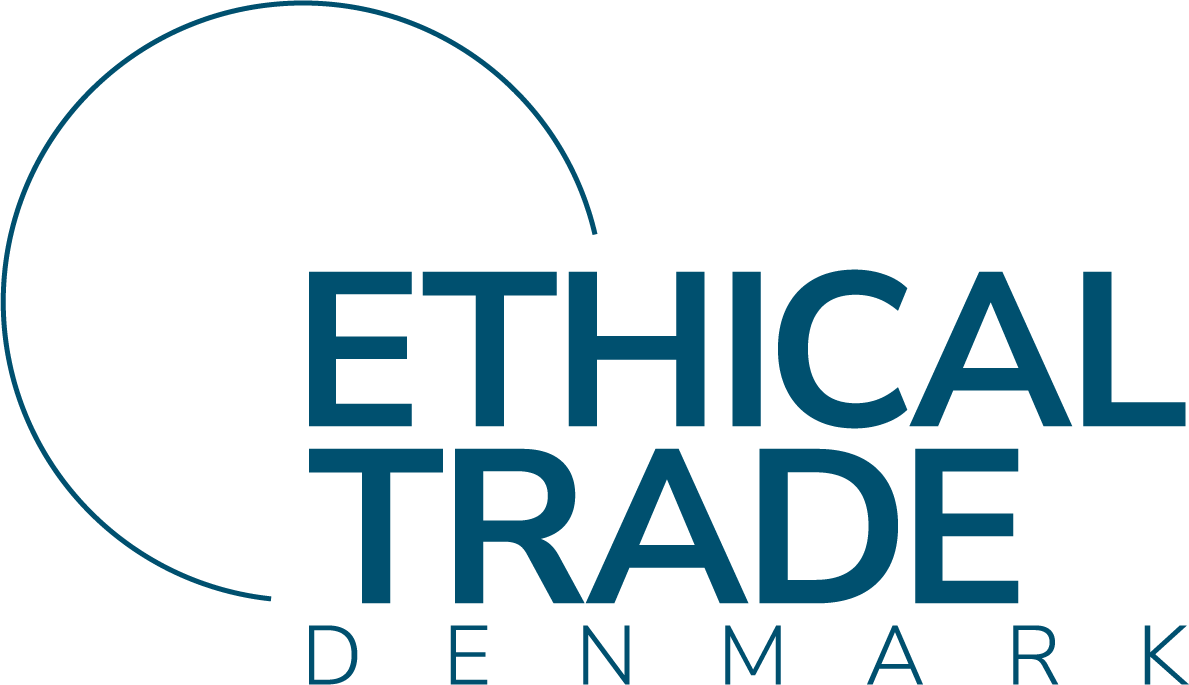How to deal with negative impacts?
Action plans
A plan of action is a useful and practical tool for you as a company to avoid and minimise specific risks. Plans of action are not a requirement in the international guidelines, but they are worth having so that you can show your practices, initiatives, and progress. Important elements include specific measures, assignment of responsibilities to individuals, and necessary follow-up.
For an action plan to work and have a real effect, it must be based on an actual risk assessment of your particular supply chain made in collaboration with the supplier and other relevant stakeholders.
If you import goods, your suppliers become an important focus area. Here, a dialogue about joint plans of action with your suppliers is a great starting point. Focus on actions to prevent and minimise negative impacts on people and environment. Example: how do we create healthy working conditions so that production workers do not become ill from going to work? Or – how do we grow a crop without damagin the environment with pesticides and overexploitation of water resources?
Some companies already have well-functioning systems for action plans and supplier follow-up. In such cases, the challenge is to continue to use those systems and processes while incorporating human rights and environmental concerns. Whatever the approach, most importantly, the performance of due diligence should not be downgraded. There is no requirement for you to have separate plans of action for human rights, environment and climate, so choose the approach that works best for you.
Find a template for an action plan here.
Plans of action can be based on:
Supplier dialogue
The best supplier relationships are based on dialogue and mutual trust. Consider your suppliers as partners. Be curious about how production and processing take place, as well as what challenges they face.
Maybe you have different views on how to protect environment and climate. Perhaps your supplier has a completely different understanding of the concept of “human rights” than you do. Speak openly about your challenges and understanding of human rights and listen to the supplier’s views. The more trust you build in the relationship, the easier it will be to get honest and helpful answers from the supplier.
This will make it easier to draw up joint plans of action that can create real change.
Supplier questionnaires
Questionnaires are effective in risk assessment as well as for creating plans of action. Initiating a dialogue on important topics is a great start but does not constitute a complete assessment of the supplier, as it offers only a self-evaluation.
Third party audits
Supplier audits can be helpful for avoiding negative impacts on human rights and environment and ensure compliance with agreements entered into. It can also be a helpful tool when looking for new suppliers, as it provides a picture of the conditions at the supplier.
However, audits often offer only a snapshot. They must be followed up with plans of action and other measures. It is important to be clear which areas of human rights, environment and climate are included in the audit.
Is it exclusively about working conditions, or is it more broadly about human rights? Does it only consider the use of chemicals and pesticides or are environmental impacts audited more broadly? Is the audit announced in advance, so the supplier has an opportunity to hide bad conditions? Are local employees or communities interviewed?
Certifications
If the supplier has one or more certifications, this may indicate that the company is already showing some degree of corporate responsibility.
However, certifications are not a guarantee that there will be no negative impact on human rights. Certifications differ, and only the specific standards required for certification are audited.
Before using certifications as a tool for due diligence for human rights, you should examine how the certification relates to human rights.
Certifications include Fairtrade, SA8000, RSPO, MSC, Rainforest Alliance, Global GAP and GOTS among many others.
You can find an overview of more than 300 certifications and standards here.
Training of stakeholders
Training your own employees, employees of the supplier and other stakeholders is another relevant tool to ensure lasting positive progress on human rights, environment and climate.
Training is well suited to promoting real long-term change for workers in producing countries at risk for human rights violations.
fdfsdf
TOP TIPS
Human rights violations or massive environmental impacts
If you discover violations of human rights or masive environmental impacts at a supplier, you should not immediately terminate the relationship or your contract. Instead, try to solve the problem with dialogue and improvements.
Motivate the supplier with win-win
Benefits are much more motivating than a negative approach and sanctions. Focus on how due diligence can be of benefit to both of you. Benefits may include:
- Fewer audit visits
- Strong cooperation resulting in longer term contracts for the supplier
- The strength that emanates from strategic collaboration on continuous improvements
- The supplier receiving help for improvements
- Lower costs for improvements through cost sharing
- Sharpened competitive edge for the supplier when living up to requirements that many other customers will have now and in the future.
Case stories from small and medium-sized businesses
‘By Malene Birger’ uses material guide for overview and prioritisation
SKAGERAK: Concrete measurements provide valuable overview
About this guide
This guide is aimed at small and medium-sized businesses - i.e. companies with 2 to 250 employees, across industries. Human rights due diligence is relevant whether you are in the B2C or B2B market, import, export or have your own production in Denmark.
The purpose of the guide is to help SMEs in their work with human rights, environmental and climate due diligence - regardless of company size and resources. The guide provides inspiration on where to start and how to strengthen your current processes.
The guide has been prepared by Ethical Trade Denmark. A first version of the guide - focused on human rights and targeted at the food cluster - was developed in collaboration with the Danish Agriculture & Food Council and Arla, co-financed by the Danish Business Authority.
The guide may not be modified, reproduced or translated without prior written agreement with Ethical Trade Denmark. The guide may only be used in educational contexts with clear credit to Ethical Trade Denmark, including a clear logo.



